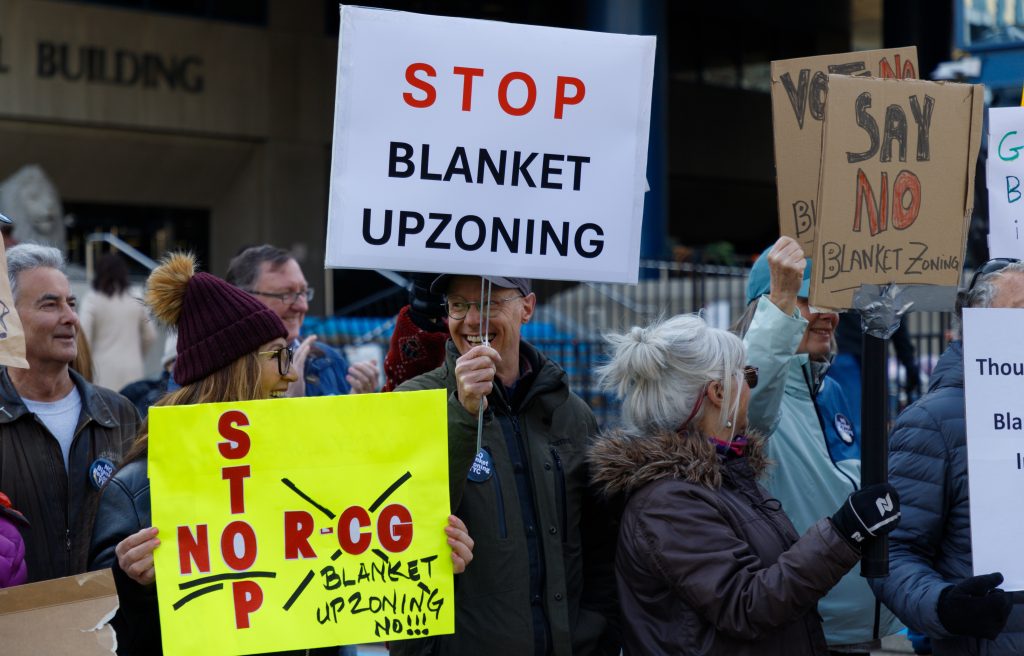Alberta 2023 drug deaths sets record, over 2,000 killed

Posted May 20, 2024 9:57 am.
Last Updated May 20, 2024 1:09 pm.
Alberta has broken a record for the most substance abuse deaths recorded with over 2,000 people killed in 2023.
According to the Government of Alberta’s substance use surveillance data, the year saw a total of 2,051 deaths, with opioids making up the majority of the deaths at 1,867.
The total number of deaths leaped past the previous record of 1,885 in 2021.
Calgary saw 660 deaths by drug substances, while Edmonton had 743 residents killed by substances. Opioid deaths were at 629 and 673 respectively.
Alberta had 164 deaths in December, 48 and 61 for Calgary and Edmonton respectively, but 2024 is seeing a decline.
Watch: Alberta continues to break records on opioid deaths: data
The recorded deaths for January and February total 254 — 140 and 114. Edmonton had 60 and 44 for the first two months, while Calgary saw 43 and 36.
Most of the deaths were men between the ages of 30 and 44, making up most of the deaths at 1,274.
There is a noticeable increase in the number of women dying of overdoses, with an 8 per cent increase over three years.
Fentanyl caused the most deaths, being found in more than 93 per cent of cases. Methamphetamine made up around 66 per cent of cases.
The issue is becoming increasingly noticeable in the public eye as more than 36 per cent of users lost their lives outdoors in the fourth quarter of 2023, compared with 22 per cent in the same period in 2022.
Prior to December’s data being released, the numbers showed that four people per day were dying of drug overdoses.
Nationally, the Public Health Agency of Canada said drug overdoses killed an average of 23 people each day in 2023. More than 40,000 people have died from opioid-related deaths since 2016, which is when the federal agency began collecting such data.
The Alberta government has been moving toward a recovery-oriented model since it took office in 2019. It released a report in 2020 calling consumption sites in the province a “system of chaos,” leading to the closure of multiple sites.
Premier Danielle Smith also said during her election campaign she would enforce an act that would make treatment for those suffering from addiction mandatory, calling it the “Compassionate Intervention Act.”
Recently, the province announced a couple of new organizations to oversee recovery and addiction responsibilities from Alberta Health Services.
Those are Recovery Alberta and the Canadian Centre of Recovery Excellence (CoRE), with the latter set to be established as a Crown corporation in the spring sitting.
When announced, the province claimed it’s been leading the country in creating a system focused on recovery through evidence-based best practices from around the world.
With files from Lauryn Heintz








